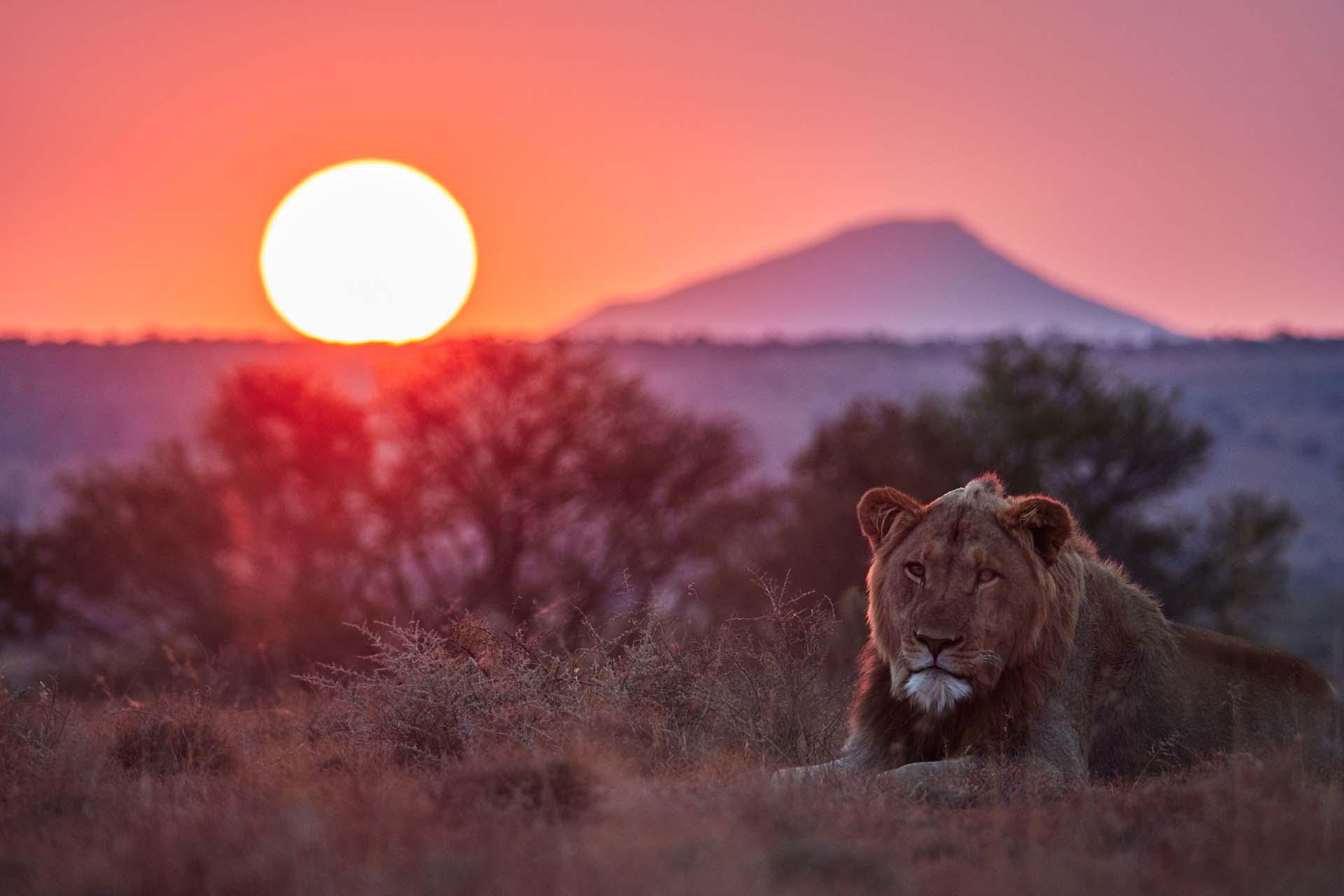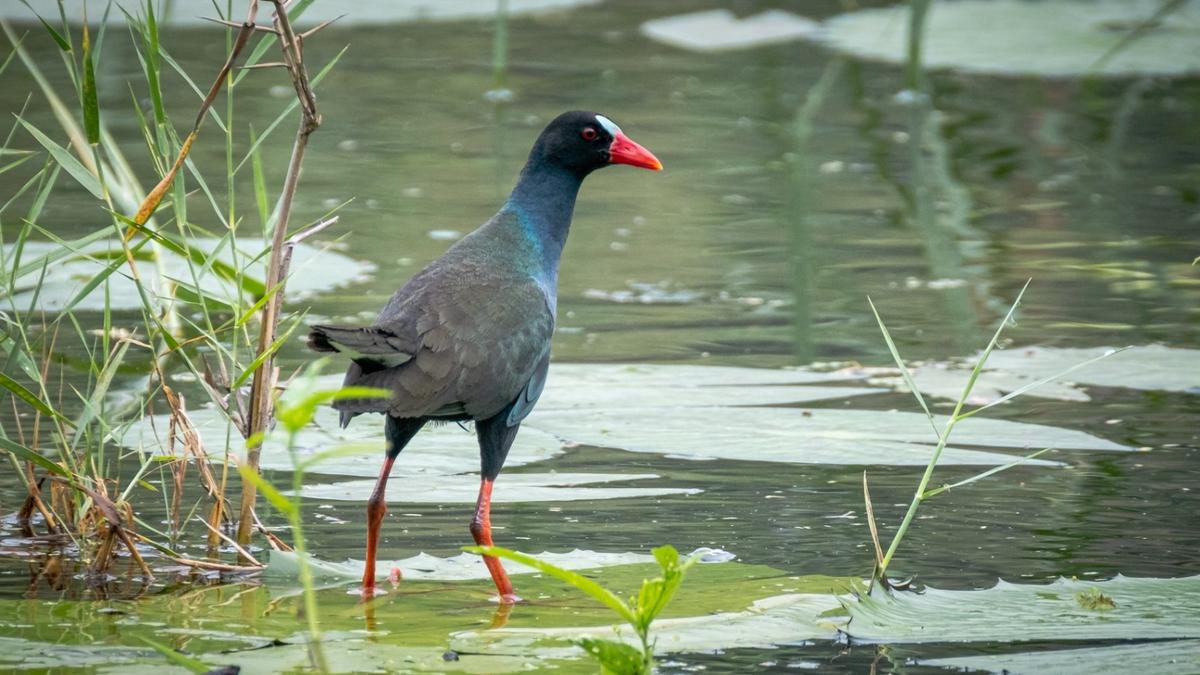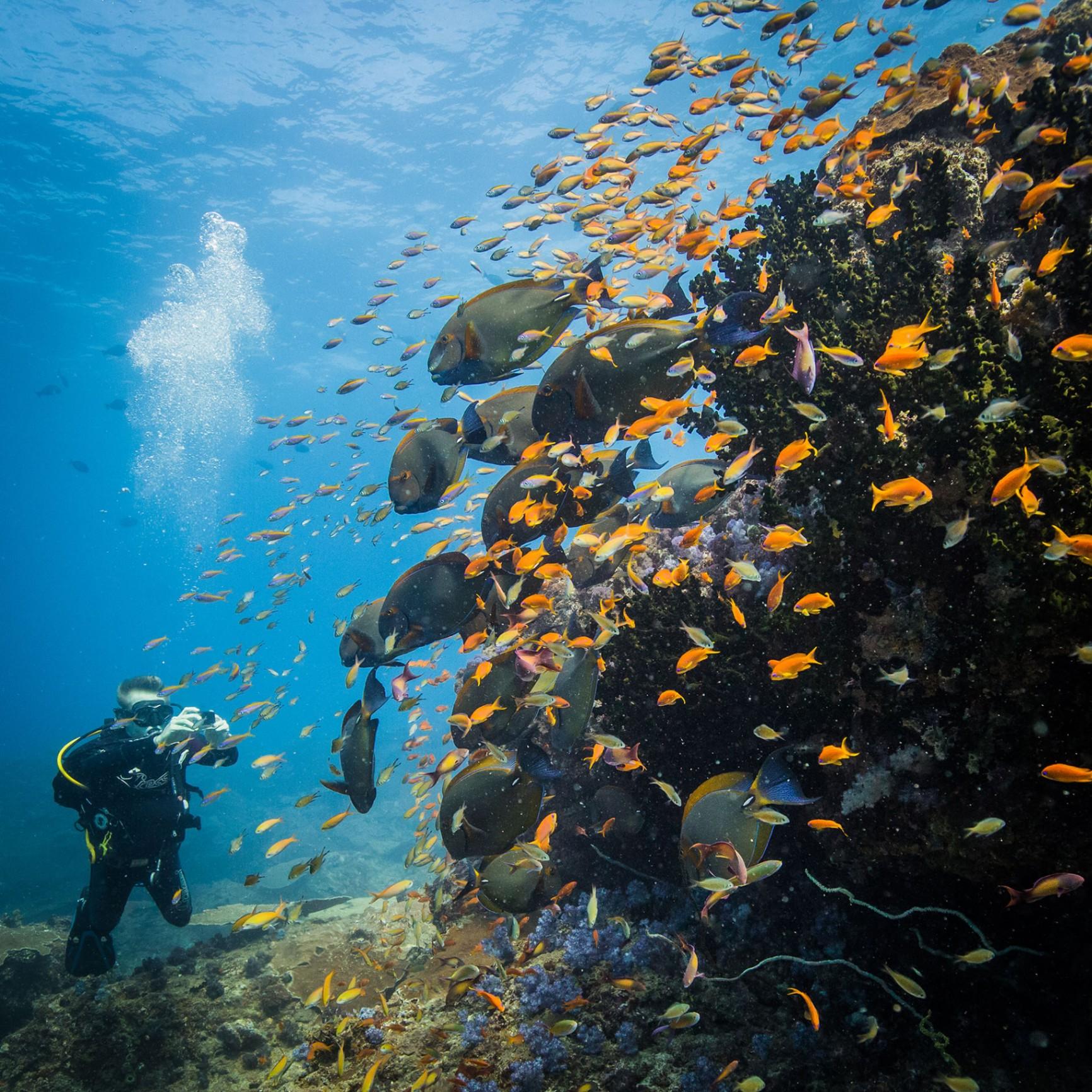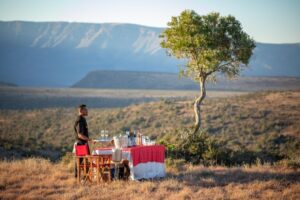Some people may be wondering why conservation and nature enthusiasts, such as ourselves, are so focused on ecotourism and travel. The answer is simple… The two are interlinked, and their success is reliant on the other’s success. In this article we’ll explain to you how the relationship works. For your reference: Ecotourism entails exploring and experiencing nature-based areas and Conservation entails protecting nature-based areas.
So, ‘how exactly does tourism support conservation?’. Ecotourism financially supports conservation efforts. Tourists travelling to nature areas often pay a conservation levy or park fee. These fees might support governmental agencies to manage the National Parks, or they are directed towards private organizations that are responsible for the conservation of a specific area. However, the impact of ecotourism goes a lot deeper than just a direct financial contribution. Ecotourism is a great mechanism to create local jobs. This is especially powerful as these jobs are often in rural developing areas, where high quality jobs are hard to come by. The creation of local jobs means that the local communities are less dependent on unsustainably harvesting the land or natural resources to create an income. This goes hand-in hand with education and awareness. Ecotourism enhances the appreciation for nature, both from local residents and visitors. Nature-based accommodations also generate foreign direct investment and pay taxes, thus boosting our economy as a whole. This can push governments to encourage the creation of conservation policies and protected areas.
Now you may be wondering ‘how exactly does tourism support conservation?’. This is a good question and there are a few answers. The best answer is that ecotourism financially supports and enables conservation efforts. We believe that conservation is a multi-faceted concept and something that requires a holistic approach. The four pillars to successful conservation are:
Conservation & Regeneration – to protect land, ecosystems and wildlife populations in an effort to return Africa to its most natural state.
Local Community Engagement – to partner with custodians of the land to share understanding and increase engagement and commitment.
Employment & Career Building – to contribute to local economies through sustainable development and shared benefit.
Sustainability Practices – to limit environmental impact and contribute positively to the natural surroundings.
Environmental Education – a deliberate effort to educate both guests and local communities about the wonders of the natural environment.
All of these pillars cost money. This is where tourism plays a big role. Although financial support is crucial to conservation efforts, knowledge and awareness is equally important when it comes to the long-term sustainability of this. Ecotourism gives travellers the opportunity to immerse themselves in and learn about wildlife, different environments and communities which, in turn, teaches them the importance of protecting this – as well as inspires them to care about everything they have seen and experienced. Now you may be wondering, “how can I make sure that my travels are supporting conservation efforts?” . Another easy answer… travel with Conservio . We handpick and vet all of our cabins, villas and lodges based on their conservation impact, uniqueness and quality offering so that we can bring you the best experiences. Conservio was built by people with a passion for travel and nature. Luckily, we also have a passion for technology which is why we have brought you Conservio, the online booking platform for nature-based travel. We understand the important role ecotourism plays in ensuring our nature has a future, and aim to make it easy for you to make the right decisions with regards to where you visit and what you do. In short, Conservio powers (and empowers) sustainable travel to conserve precious biodiversity. Your next travel adventure awaits.













